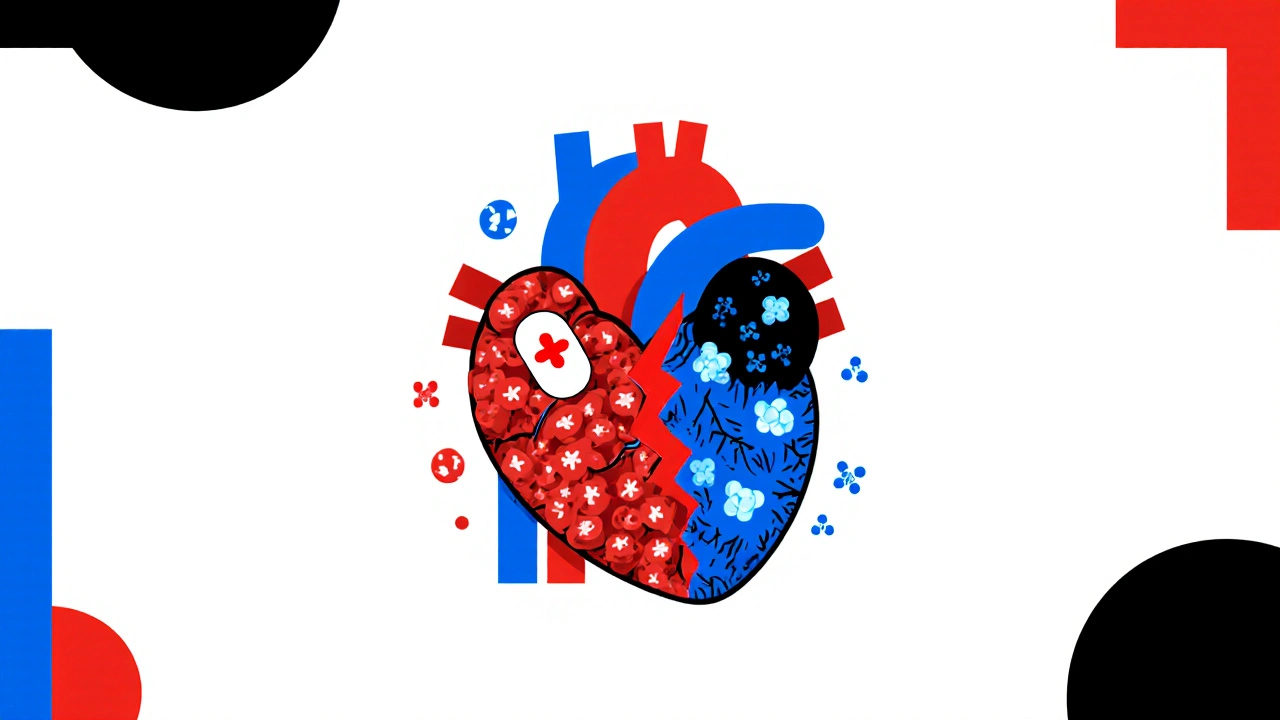Antiplatelet and Anticoagulant Drugs: What You Need to Know
When your blood clots too easily, it can block arteries and trigger heart attacks or strokes. That’s where antiplatelet, drugs that stop platelets from sticking together to form clots and anticoagulant, medications that slow down the clotting process by targeting clotting factors come in. These aren’t the same thing, but they both help keep your blood flowing smoothly—especially if you’ve had a heart stent, atrial fibrillation, or a previous clot. Together, they form the backbone of long-term cardiovascular protection for millions.
Antiplatelet drugs like aspirin and clopidogrel work on platelets, the tiny blood cells that rush to injury sites and clump up. Anticoagulants like warfarin, apixaban, or rivaroxaban act further down the chain, interfering with proteins your liver makes to help blood thicken. You might take one or both, depending on your condition. For example, after a stent, doctors often pair aspirin with clopidogrel for months. If you have atrial fibrillation, you’re more likely to get a direct oral anticoagulant to reduce stroke risk. But these drugs aren’t risk-free. Too much thinning can lead to bleeding—sometimes serious. That’s why monitoring matters, whether it’s regular blood tests for warfarin or knowing the signs of unusual bruising or bleeding.
These medications show up often in the posts here because they’re everywhere in real-world care. You’ll find guides on how they interact with other drugs—like how antifungals can boost anticoagulant levels and raise bleeding risk. You’ll see comparisons between older and newer options, cost-saving tips for generics, and even how to report side effects to the FDA if something feels off. There’s also coverage of conditions they treat: arrhythmias, kidney inflammation linked to clotting issues, and even how some cholesterol drugs might affect clotting indirectly. This isn’t just theory. These are the drugs people take every day, and the stakes are high.
Whether you’re on one of these meds, caring for someone who is, or just trying to understand why your doctor recommended them, the posts here give you the clear, no-fluff facts. No jargon. No guesswork. Just what works, what to watch for, and how to stay safe while your blood stays just thin enough.
Combining aspirin with blood thinners like warfarin, Eliquis, or Xarelto doubles your risk of dangerous bleeding. Learn who should avoid this mix, the signs of hidden bleeding, and safer alternatives.
